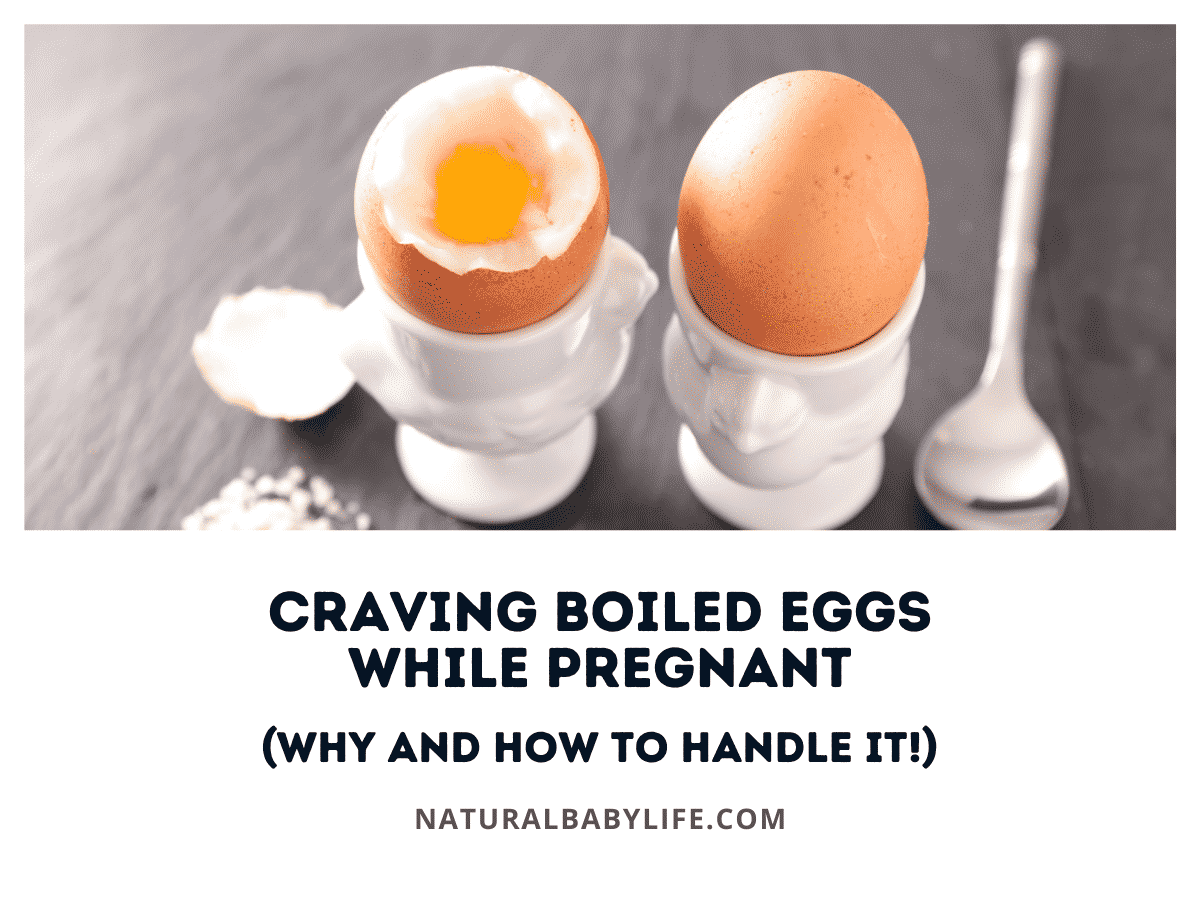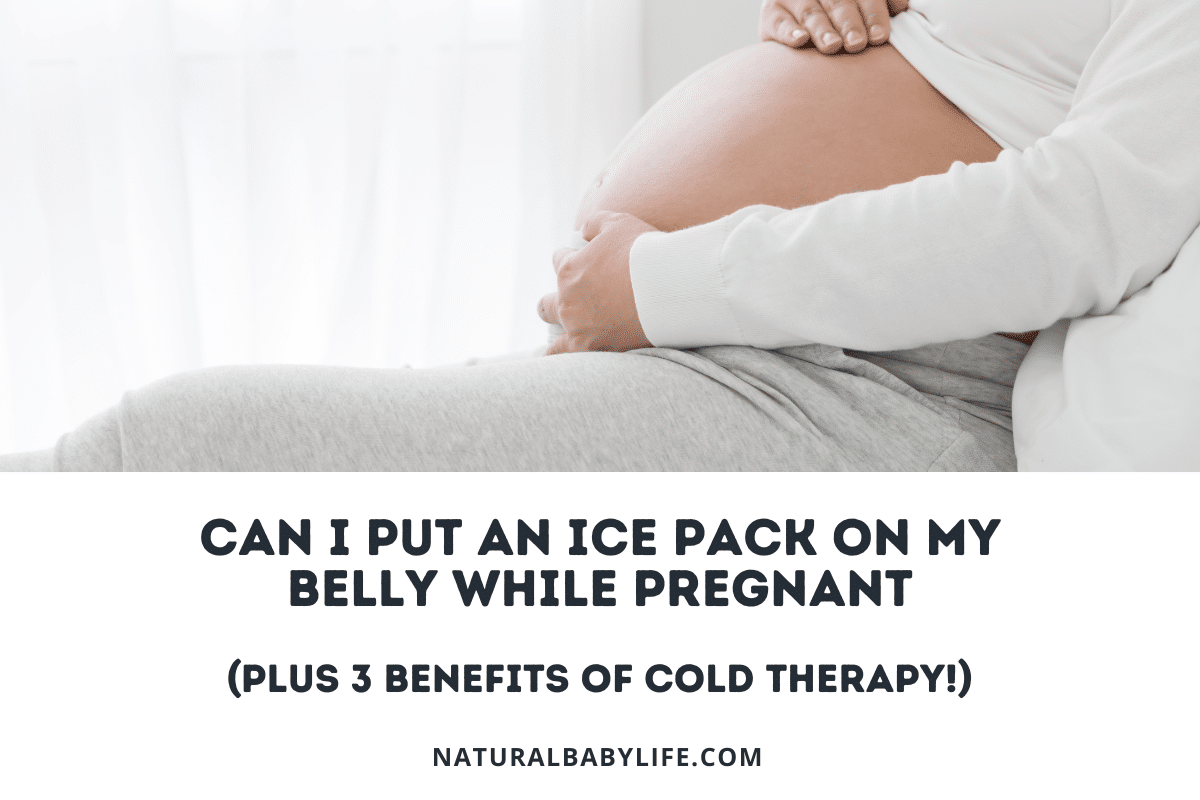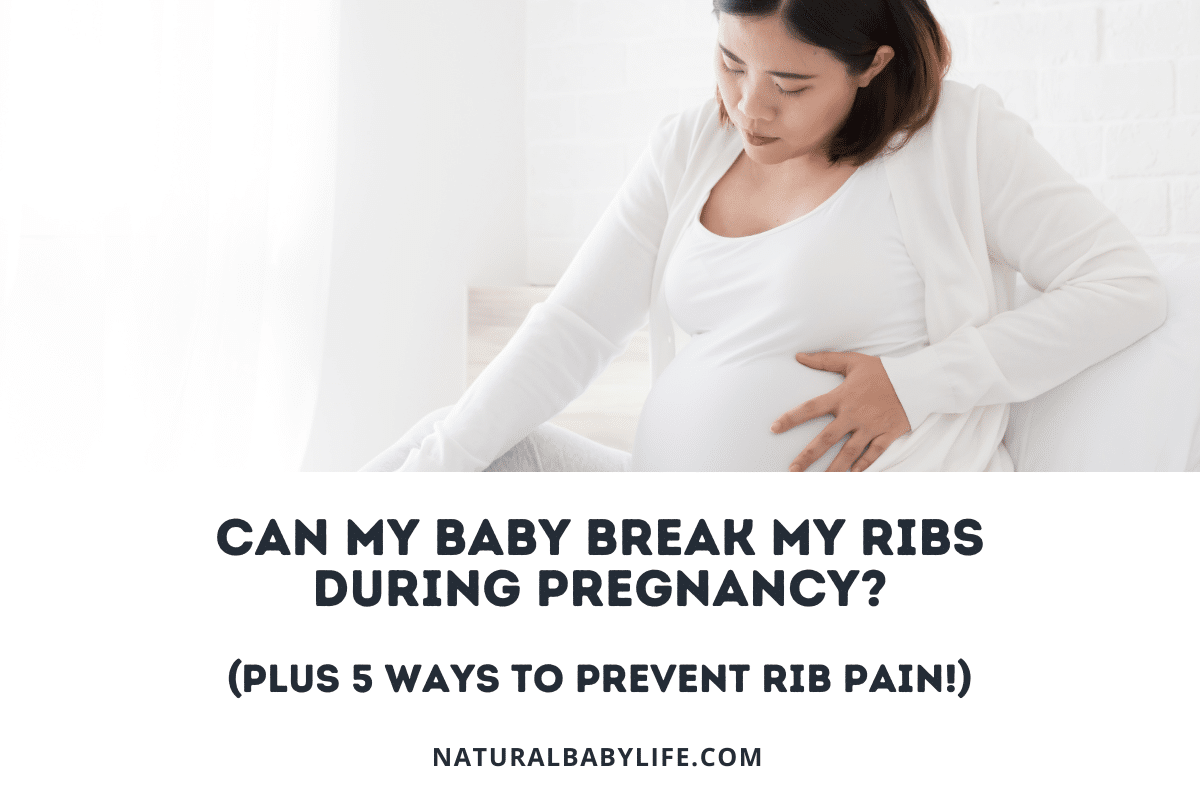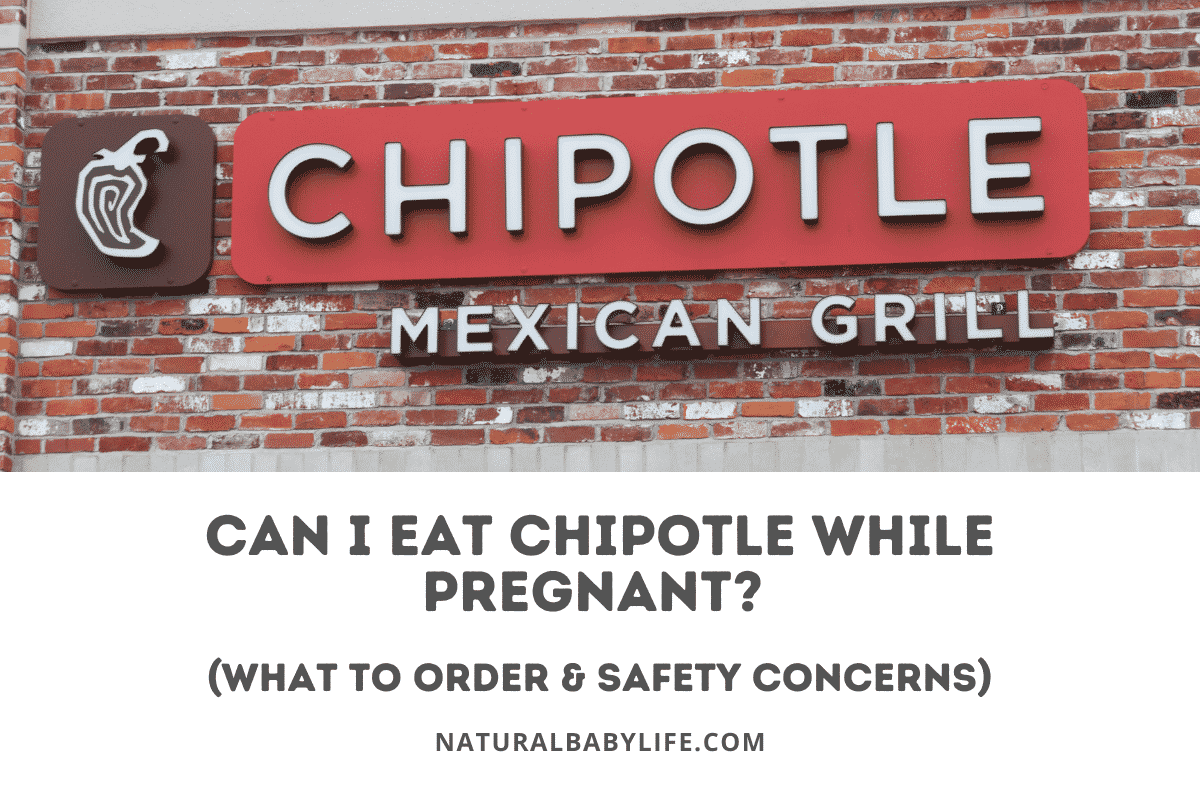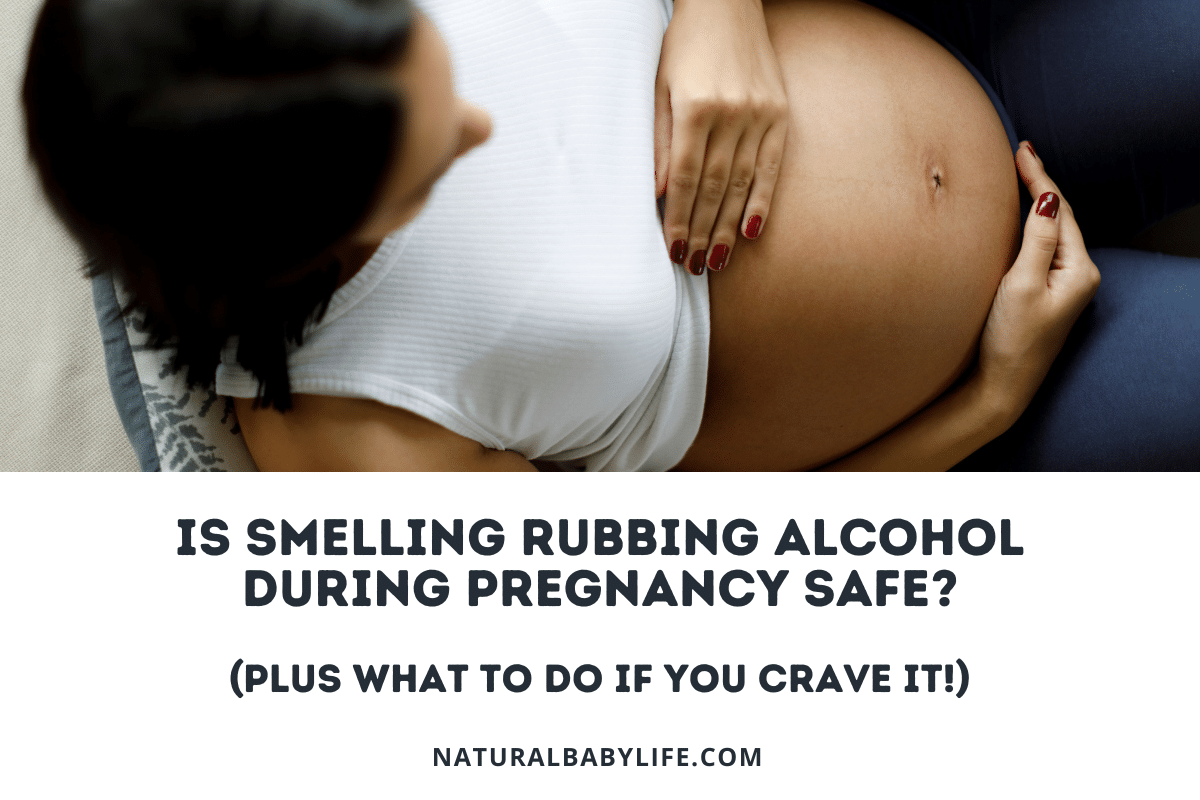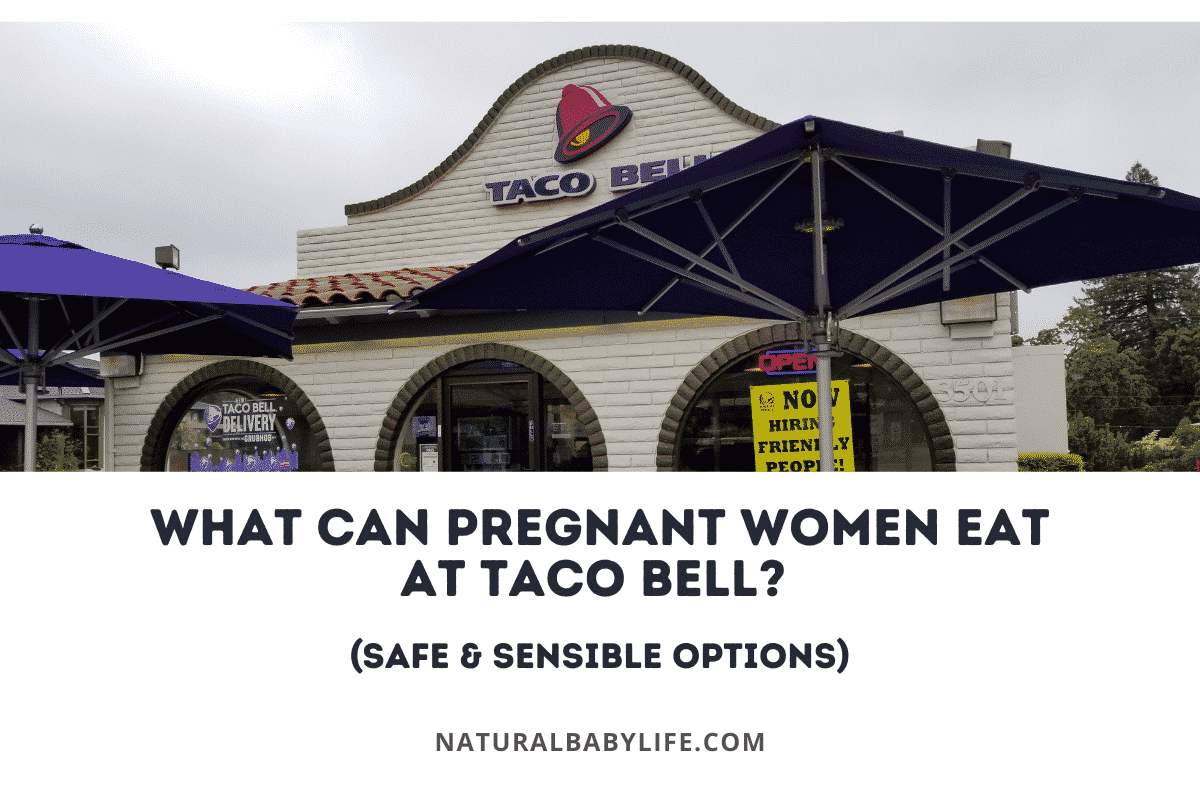While it is normal to have cravings during pregnancy, you might wonder if specific cravings mean certain things, such as a vitamin deficiency. What does it mean if you are craving boiled eggs when you are pregnant?
Pregnant women crave all sorts of foods, with boiled eggs being one of the most common. Unlike some cravings, eggs are a healthy, nutrient-dense option that you can feel comfortable giving into regularly. Try to limit yourself to 1-2 a day to avoid an upset stomach. Pregnant women should always avoid soft-boiled and otherwise undercooked eggs.
Read on for more information about proper egg preparation when pregnant, what pregnancy cravings mean, and how many eggs you should be eating during pregnancy.
Is it normal to crave boiled eggs while pregnant?
Pregnancy cravings are very common and perfectly normal. Somewhere between 50% to 90% of expecting mothers experience at least one type of craving during their pregnancy, usually during the first and second trimesters. Cravings usually begin in the first trimester, peak in the second trimester, and gradually decline during the third trimester.
From anecdotal evidence online, it seems that a desire for eggs is a relatively common pregnancy craving. Many women have posted on popular website forums such as BabyCenter asking about their cravings for eggs, and hard-boiled eggs in particular.
Ironically, eggs can also be a widespread aversion for some pregnant women, especially those suffering from morning sickness or nausea.
Table of Contents
Benefits of eating eggs during pregnancy
Eggs are full of healthy fats and contain many vitamins and minerals needed for healthy fetal development.
Specifically, the unique nutritional profile of an egg supports the proper growth and development of the brain, organs, bones, and eyes.
Due to their high calorie and high-fat content, eating eggs can also help you feel fuller longer and ensure that you are getting enough protein.
In addition, the high levels of iron in eggs can help prevent anemia, and eggs are a great low-glycemic option for those who need to restrict carbohydrates. Choosing organic eggs can bring even more benefits to expecting moms and their growing babies.
Is eating too much egg bad during pregnancy?
One large egg contains around 75 calories, 7 grams of protein, 5 grams of fat, and many important vitamins and minerals.
Eggs are a fantastic source of:
- iron
- folate
- selenium
- riboflavin
- vitamin D
- choline
- zeaxanthin
- vitamin E
- vitamin A
- lutein
While there is no official dietary recommendation for eggs in the United States, the American Heart Association suggests 1-2 eggs per day as part of a healthy balanced diet.
Egg yolks contain around 200mg of cholesterol, a fatty substance that can cause cardiovascular issues such as heart attacks. For many years, people were cautioned to avoid eating too many egg yolks for this reason.
Conventional wisdom on this subject has changed over the years, however. Having eggs now and then, or even eating a few eggs daily, shouldn’t cause any harm, whether you’re pregnant or not.
In fact, some studies suggest that moderate egg consumption is actually beneficial to cardiovascular health.
Too much of any good thing can, however, become a bad thing. In excess, egg consumption can affect your cholesterol, cause weight gain, and be a risk factor for heart disease.
Eating a large number of eggs daily can also increase your risk of developing diabetes. So if you are at risk for gestational diabetes, you may want to consider lowering your egg intake.
How many boiled eggs should a pregnant woman eat per day?
Having too many eggs in one sitting can lead to digestive issues and an upset stomach.
So how many eggs is too many? Scientific studies seem to support the evidence that you can safely consume up to 3 eggs per day.
If you are trying to avoid weight gain, have issues with your cholesterol levels, or think you may have gestational diabetes, you can always play it safe by eating fewer eggs.
Since the cholesterol is in the yolk, many people choose to avoid or limit eating egg yolks altogether. Healthier alternatives to boiled eggs include egg white omelets and scrambled egg whites.
Eating eggs during early (first trimester) pregnancy
Eating eggs is perfectly safe during the first trimester and all trimesters of pregnancy, as long as they are prepared and cooked safely.
Obviously, pregnant women would want to avoid eating raw eggs due to the risk of salmonella, but thoroughly cooked eggs should be just fine.
This includes hard-boiled eggs. One caveat is to avoid eating boiled eggs that have been left at room temperature for too long, such as at a questionable-looking salad bar or a picnic on a hot summer day.
Can boiled eggs cause miscarriage?
There are two ways to prepare boiled eggs. The most common is hard-boiled, which means that both the egg white and egg yolk have solidified. Less commonly, you may hear of soft-boiled eggs, which can leave the egg yolk, or even some of the egg whites, partially raw.
There is no evidence that eating properly cooked hard-boiled eggs can cause miscarriage. In addition, boiling your eggs is one of the healthiest ways to enjoy them, as no cooking oil or other ingredients are required.
Safe food preparation and storage are also crucial. It typically takes around 12 minutes to hard boil an egg, and you will want to be sure to use them within a week after cooking and store them properly before eating. Hard-boiled eggs should not be left out for more than 1-2 hours.
However, undercooked and raw eggs pose a risk, so avoid consuming foods and beverages with raw eggs as an ingredient, such as mayonnaise and eggnog.
Pregnant women will need to make sure they are boiling their eggs thoroughly and avoid soft-boiled methods. (In addition to soft-boiled eggs, you will also want to avoid poached eggs, eggs over easy, and eggs over medium.)
What does it mean if you crave boiled eggs while pregnant?
There are some myths and old wives’ tales around pregnancy cravings and one theory about cravings that may actually have some truth behind it.
Does craving boiled eggs while pregnant mean it’s a boy or girl?
Expecting mothers have tried to predict the gender of their unborn babies for millennia.
According to at least one old wives’ tale, pregnancy cravings for eggs could mean that you are carrying a boy. One such belief is that foods high in protein mean you could be expecting a boy, but there is no scientific backing for this claim.
Another possible myth is that salty foods mean a boy is on the way, and cravings for sweet foods could mean you are carrying a girl.
While there may not be scientific evidence to support these tales, it is certainly interesting and fun to compare!
Does craving boiled eggs while pregnant mean you lack vitamins?
While no one knows what causes pregnancy cravings, it is a common belief that pregnant women crave what they are lacking.
Typically, pregnancy cravings are for foods that are nutrient-dense, high-calorie, or high-fat. Eggs check all of these boxes and provide expecting moms with important nutrients such as iron, choline, folate, vitamins A, B, D, and E. Some eggs have even been enriched with Omega-3.
Vegetarians, in particular, might find themselves craving a lot of eggs to make up for any nutritional deficits needed for their growing little one.
If you want to learn more, I have a HUGE list of the most common pregnancy cravings just for you!

